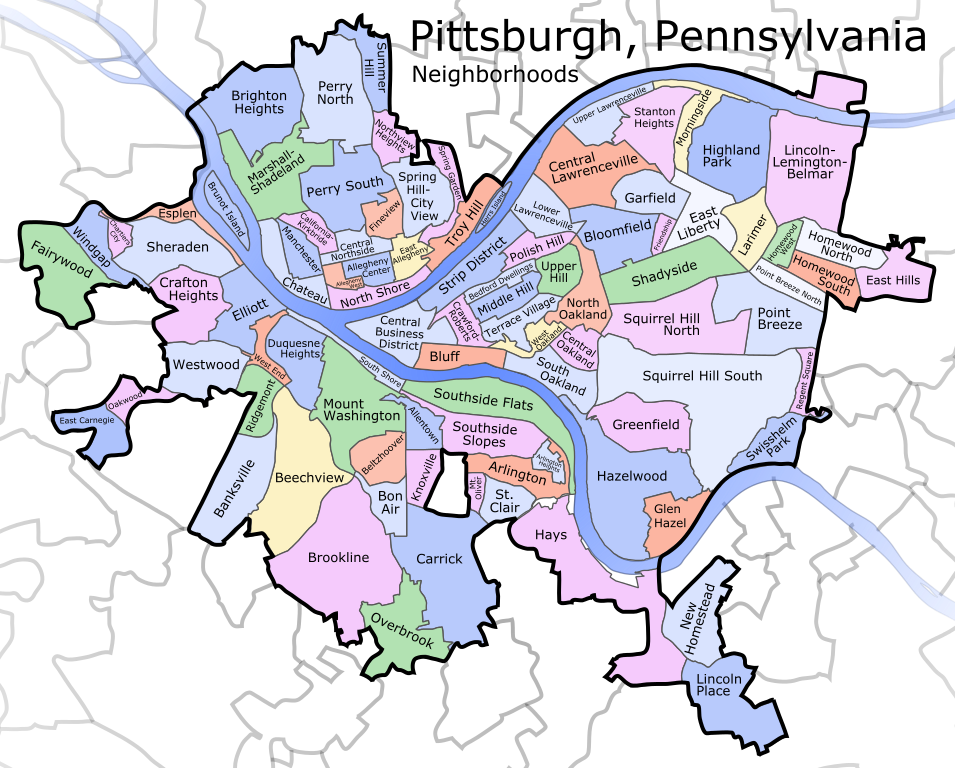The first comprehensive study of Pittsburgh’s Jewish community in 16 years indicates the city’s Jewish population has increased and is more residentially diverse than it was in 2002.
The Jewish Federation of Pittsburgh analysis also revealed that a quarter of Jewish households have someone suffering from an impairment, disability or chronic physical or mental health problem.
Among the study’s findings:
- Pittsburgh Jewish population is about 49,200, a 17 percent increase since 2002.
- About 26 percent of Pittsburgh’s Jews live in Squirrel Hill, down from nearly 50 percent 16 years ago.
- While most age demographics have increased, the percentage of Jews between the ages of 30 and 49 has dropped from 26 percent to 19 percent since 2002. The number of Jewish children has declined from about 8,300 in 2002 to about 6,400 in 2017.
- Nearly one-quarter (22 percent) of Jewish households include at least one person in fair or poor health. Twenty-five percent include at least person who is limited in the amount of work, school, or housework he or she can do as a result of an impairment or disability.
- The percentage of households belonging to a synagogue or another Jewish worship community has declined from 53 percent in 2002 to 38 percent today.
The Jewish Federation’s Jewish Community Foundation funded the study. Its data and analysis will be used to attempt to improve planning, service delivery, and fundraising and marketing, as well as help Jewish agencies connect people to Jewish community life.

























